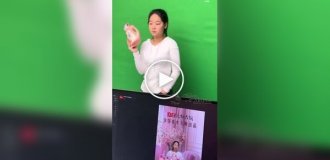What will the school of the future be like according to a famous futurologist (6 photos)
Tracy Follows is one of the world's top female futurists. version of Forbes, which has worked with companies such as Google, Virgin and Telefonica, predicts what the school of the future will look like in thirty years. 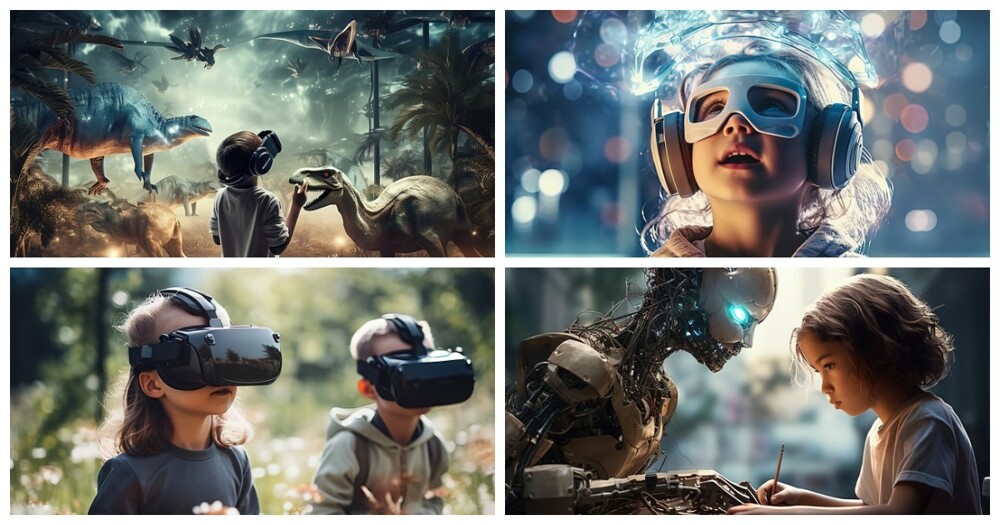
Tracy Follows has prepared a white paper on this topic at collaboration with the online learning service GoStudent and stated that, Although her predictions may seem obvious, they “are not scientific fantasy."
By 2050, she believes, students will download knowledge into your brain directly from teachers with AI (artificial intelligence), without the presence of a human teacher, and receive lessons tailored to their DNA.
The main way of teaching in many subjects will be a virtual reality. The most important among all subjects will be theory and the practice of working together as a “co-bot” with an AI bot.
Even something as familiar as classrooms can go into past, because schoolchildren and students will engage in “self-study” with with the help of AI mentors. They will give students "a new perspective that can be combined with our own human prospects."
Tracy also does not exclude the possibility that as further space exploration (flights to Mars) new ones will appear in the school curriculum subjects - for example, interstellar exploration, biotechnology, etc. These items will become popular when humanity can call itself interplanetary view.
Children will be taught to work with artificial intelligence systems, and this will be the most important skill 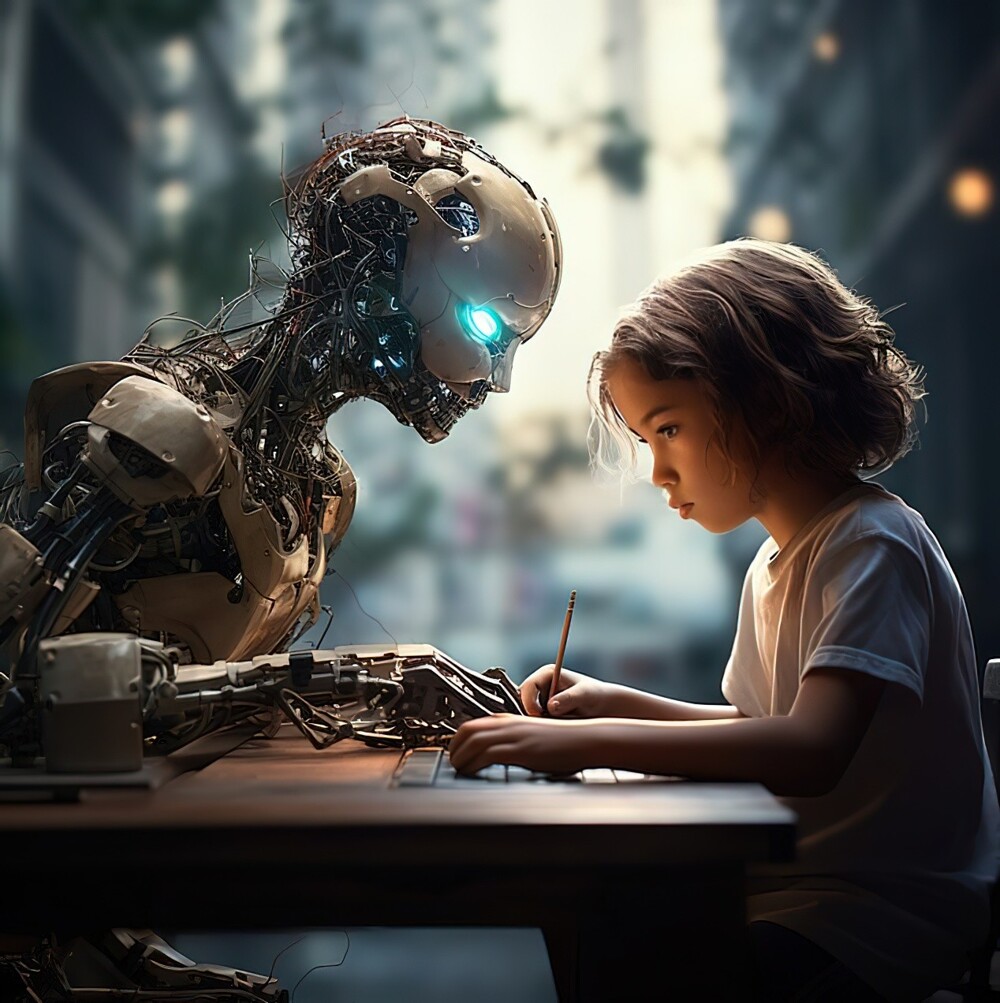
“I think the number one skill would be working with AI system: how to interact with it, how to get what you want from it want, and how to take into account what recommendations AI can give you give. This is not an easy skill and needs to be learned.”
Lessons will be “delivered” directly to students’ brains through wearable devices or brain-computer interfaces. 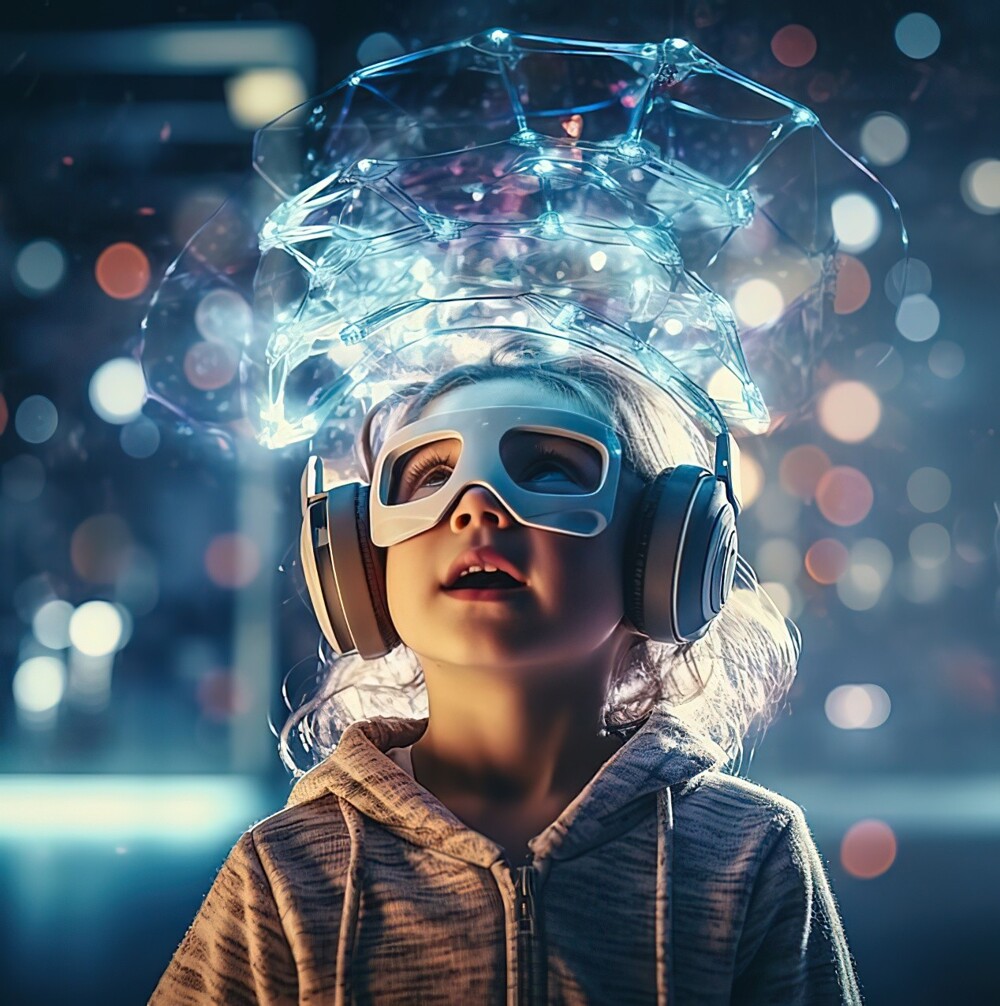
"The work currently being done on brain computing interface is at a much more advanced stage than is generally accepted think. China already has neurotechnology that reads data brain waves, for embedding in helmets of miners, construction workers, headbands train drivers' attire, etc.
I've talked to the founders of many companies, involved in this technology, and they believe that it will be built into everything from our headphones to bicycle helmets and into some systems, which we may use. So why not use the same technology in the classroom or outside the classroom?”
Lessons will be personalized for each student based on their DNA 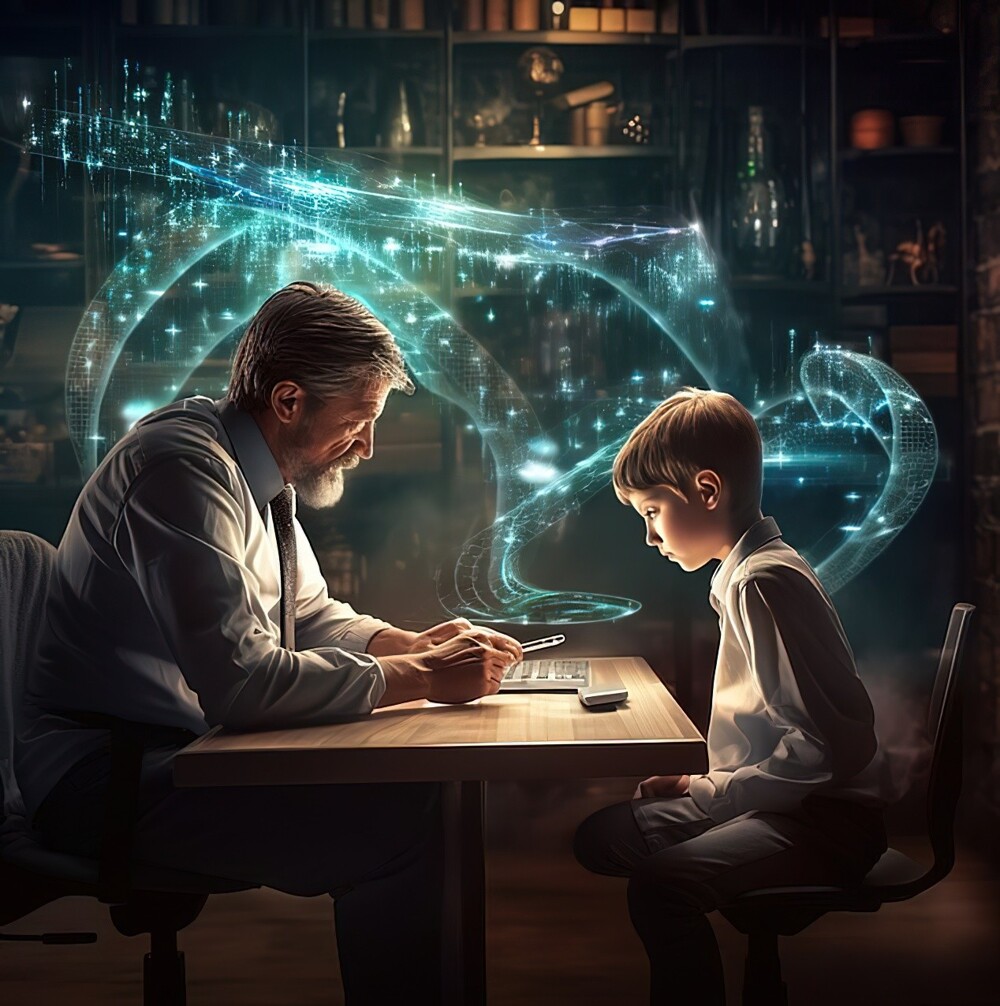
Children will undergo DNA testing to determine their abilities and talents for certain subjects, and based on this information to create a personal training plan. By 2050 our understanding of genetics will reach a level where this will be possible.
"If you discover that your child has genetic predisposition to certain areas knowledge, you can choose a personal training plan for him. Or the state can intervene and say that they need the most productive, economically strongest workforce – and if they understand what skills the child is inclined to, they can try to implement one of these into your individual curriculum.”
Virtual reality will become the main teaching method 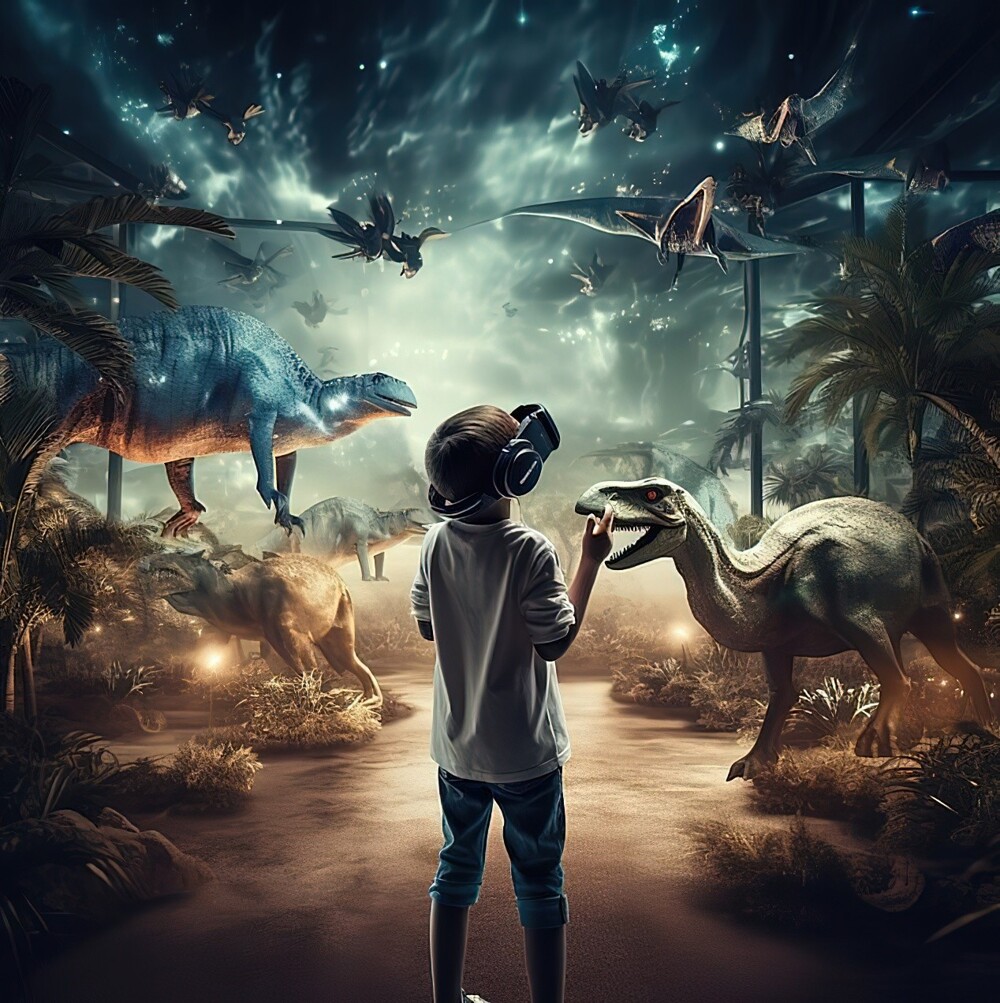
Many lessons will be conducted in virtual reality: from lessons about dinosaurs to learning about the anatomy of the human body.
“We have a growing generation of children who are already learning a lot in different environments through virtual games and virtual worlds. Simulated virtual reality will be the most natural and understandable a way to gain knowledge, be it stories about dinosaurs or anatomy human body."
School classrooms may become a thing of the past as unnecessary 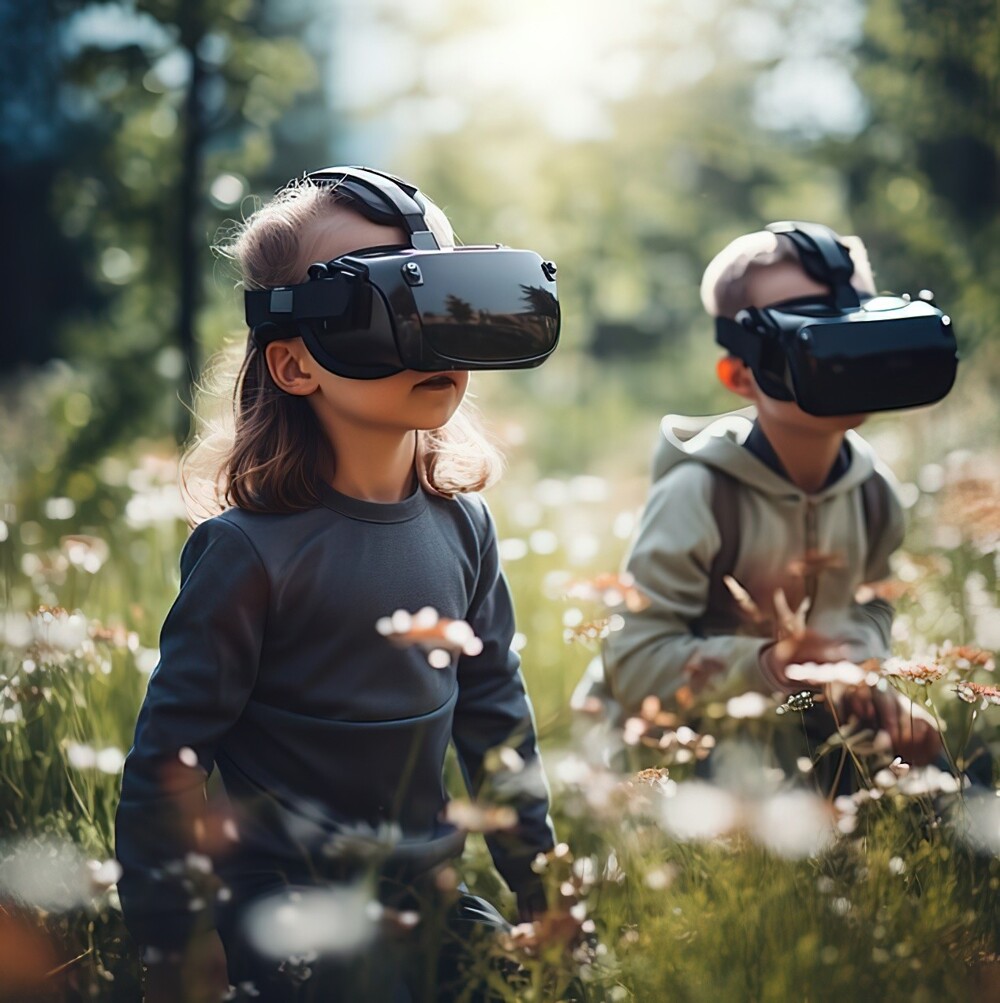
According to Tracy Follows, there may not be a future in school conventional classrooms, and students will prefer to “self-teach” with the help personalized AI mentors.
“We see it in people who listen to podcasts, we see it's on people who watchThere are How to videos on YouTube. In 10 or 20 years, we will use a personalized AI bot for studying, for any subjects and areas of human knowledge. And for this you don’t need be physically in a school classroom. Digital technologies everything decentralized, and education in the future will be seen more as network activity, and not as being in a specific place.”


